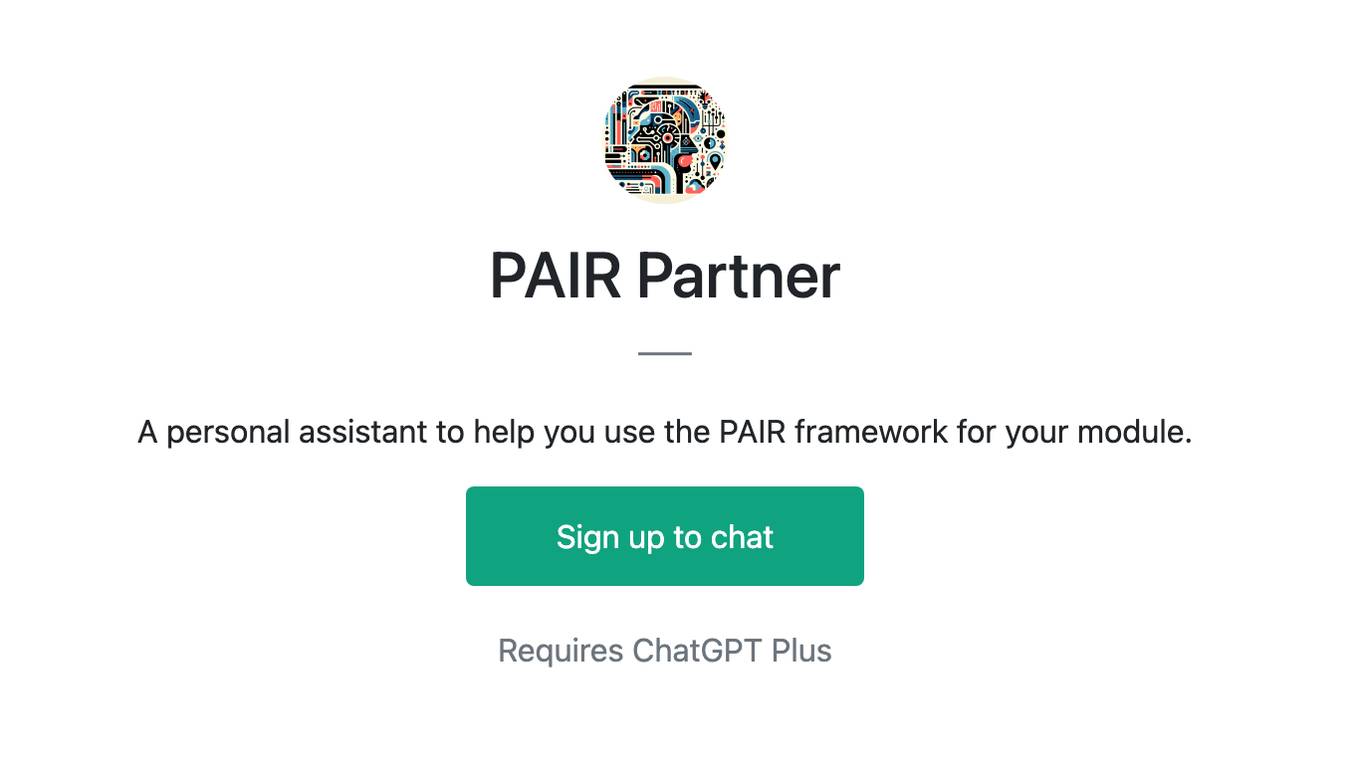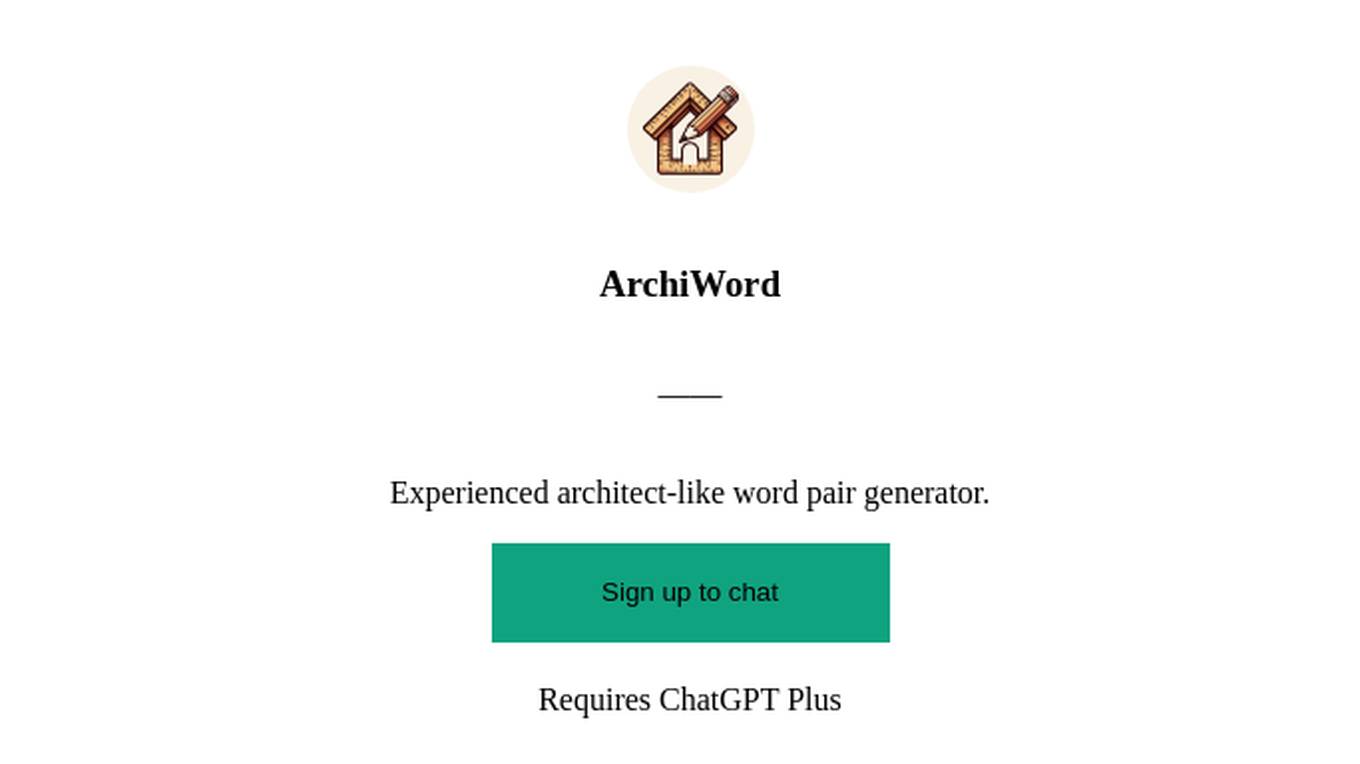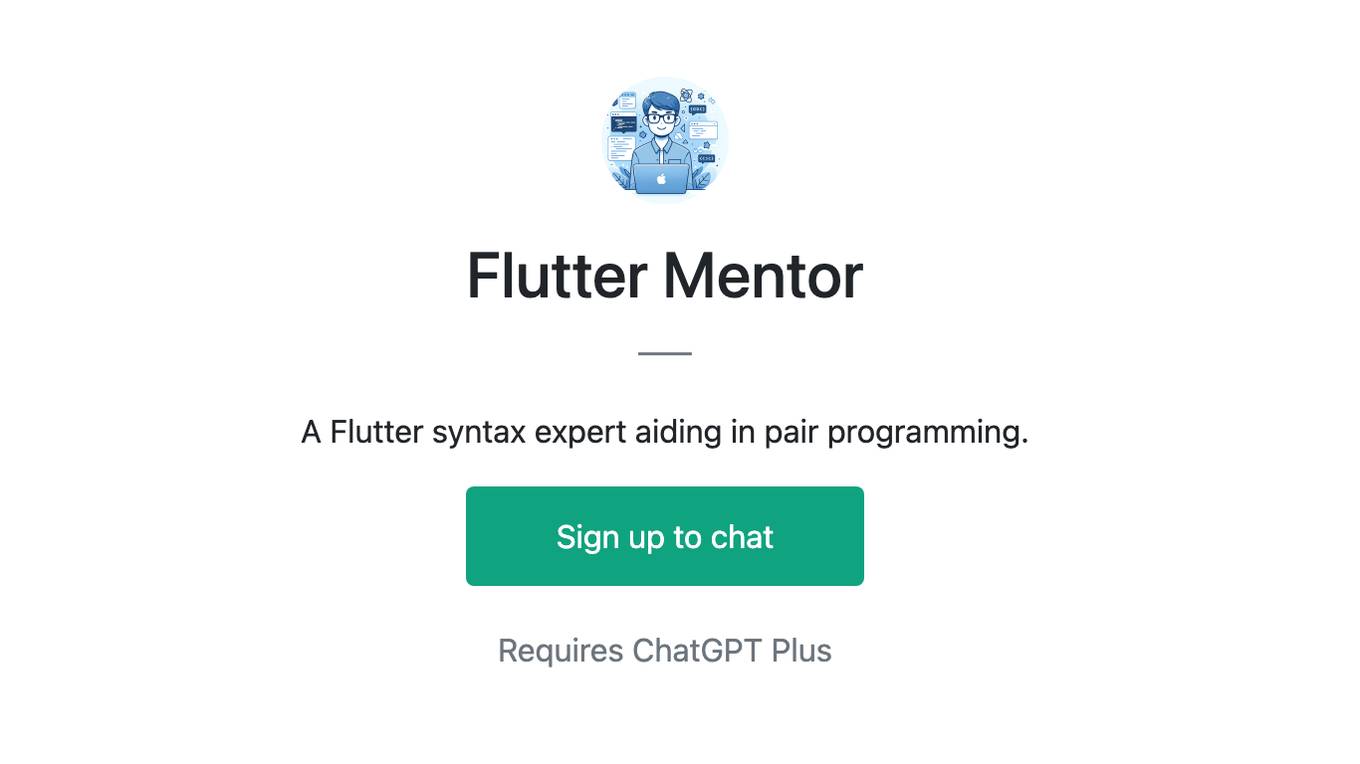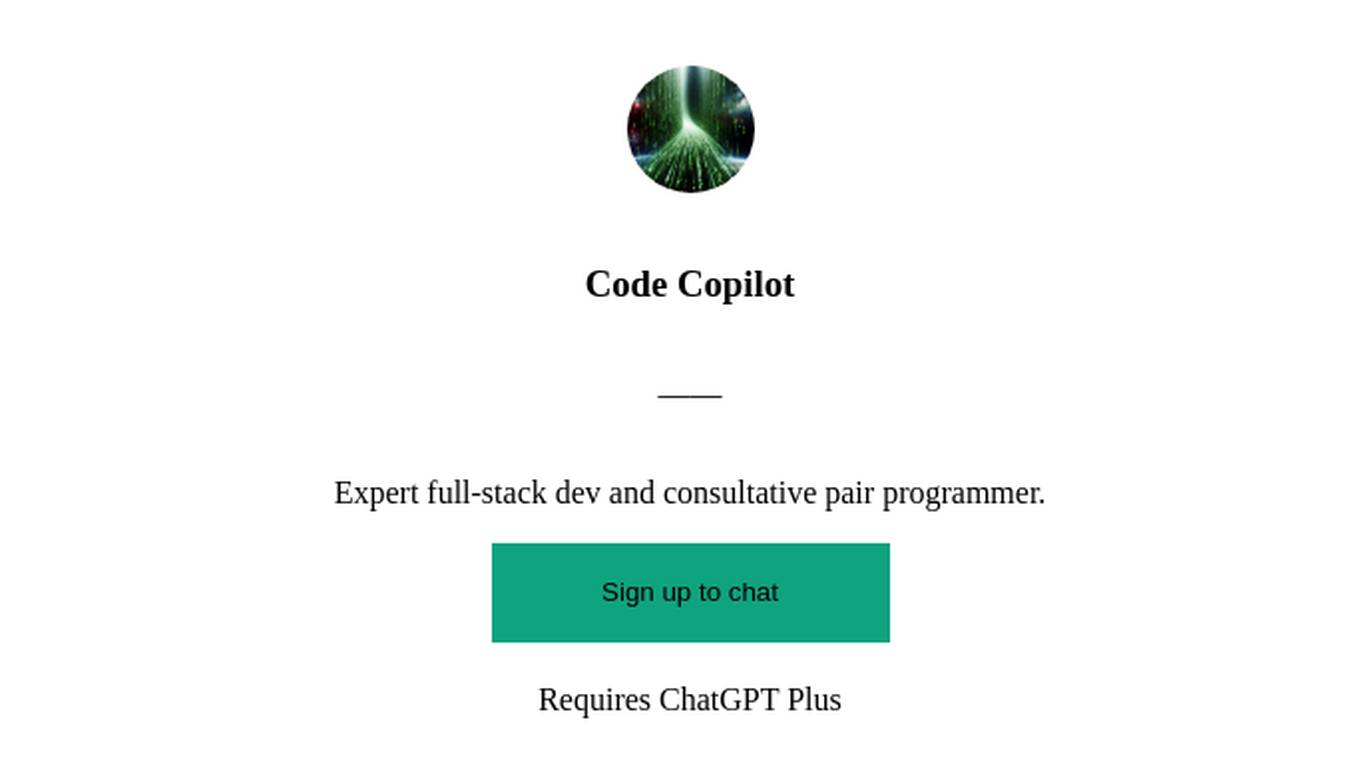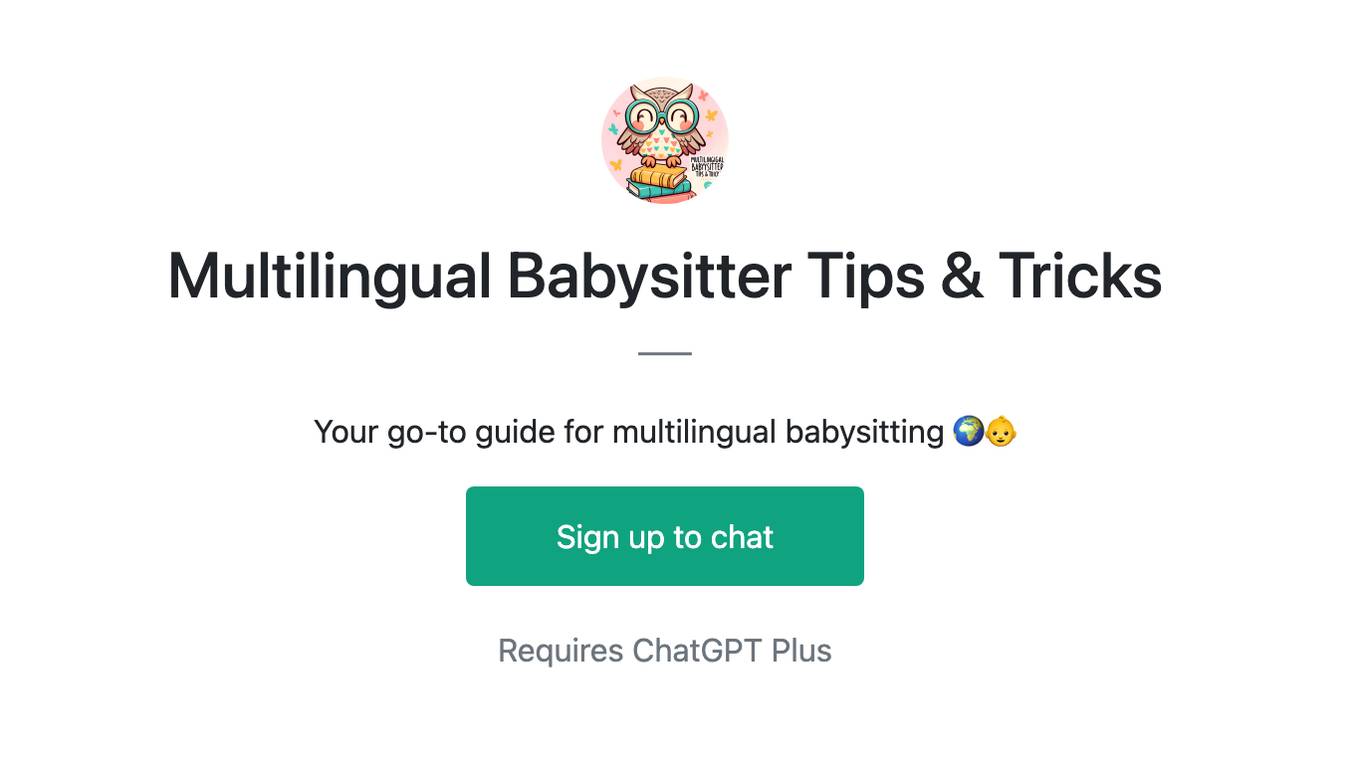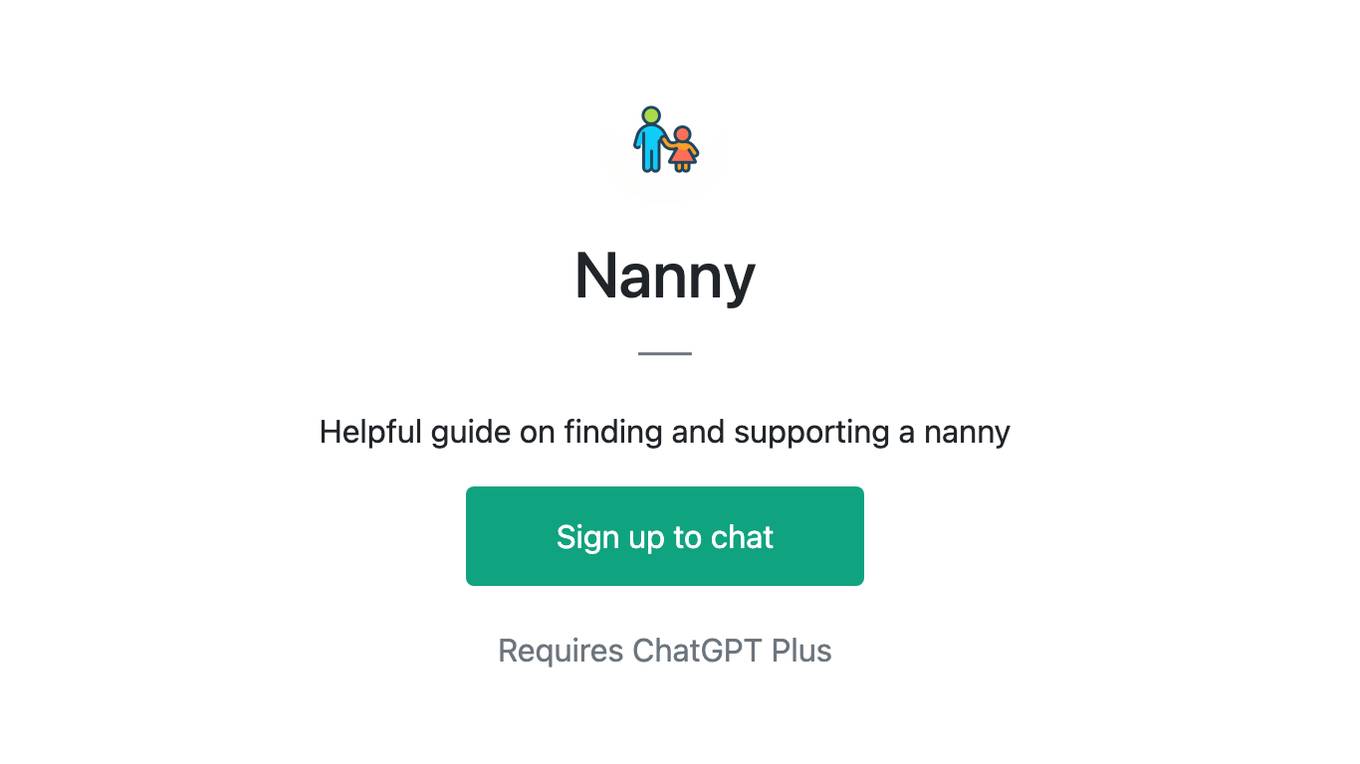Best AI tools for< Pair Cheese With Wine >
20 - AI tool Sites
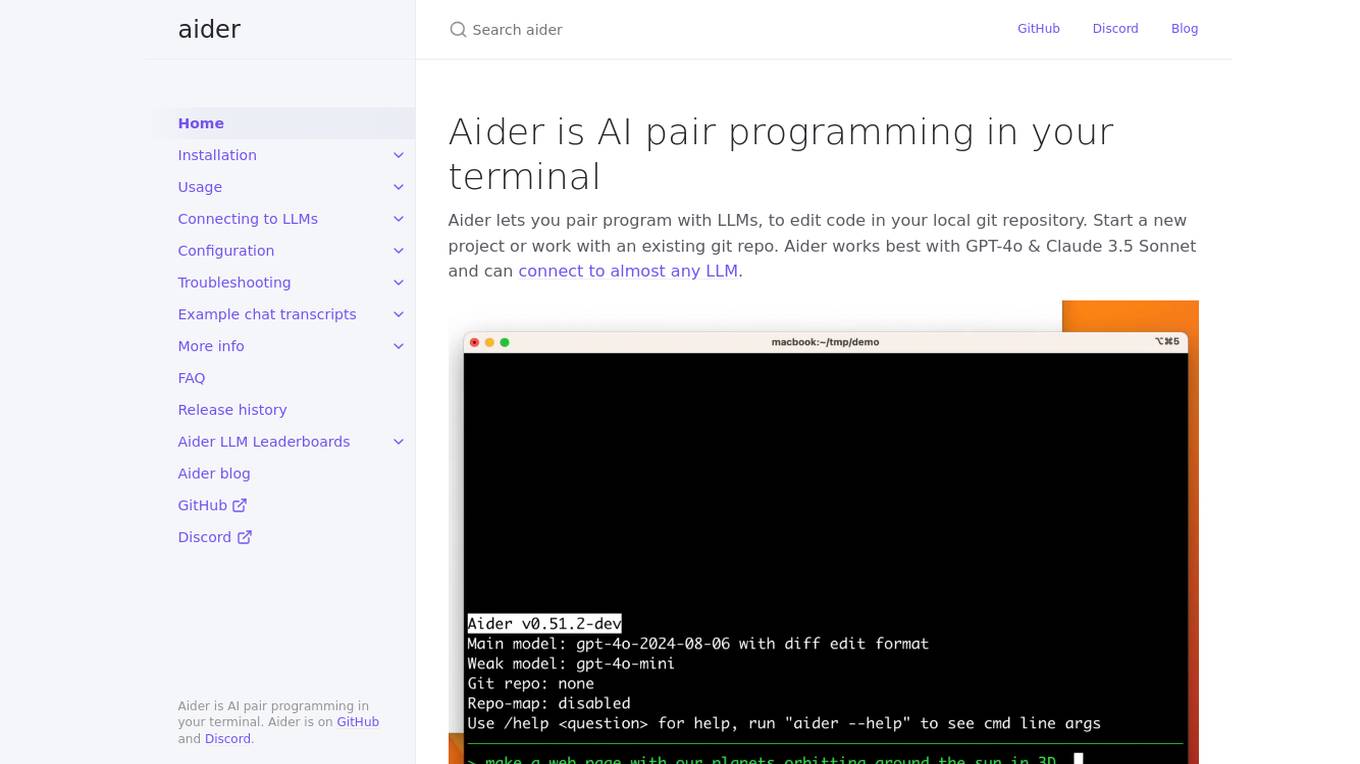
Aider
Aider is an AI pair programming tool that allows users to collaborate with Language Model Models (LLMs) to edit code in their local git repository. It supports popular languages like Python, JavaScript, TypeScript, PHP, HTML, and CSS. Aider can handle complex requests, automatically commit changes, and work well in larger codebases by using a map of the entire git repository. Users can edit files while chatting with Aider, add images and URLs to the chat, and even code using their voice. Aider has received positive feedback from users for its productivity-enhancing features and performance on software engineering benchmarks.
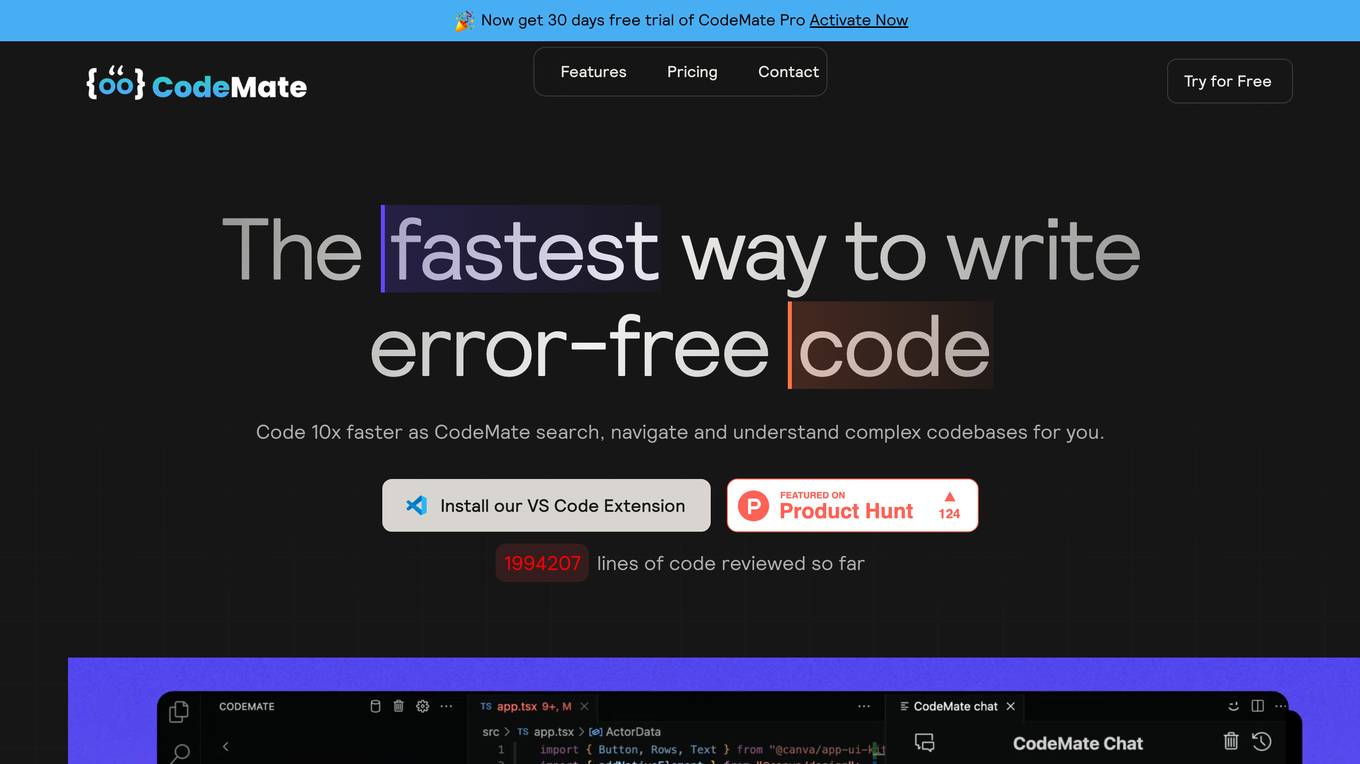
CodeMate
CodeMate is an AI pair programmer tool designed to help developers write error-free code faster. It offers features like code navigation, understanding complex codebases, intuitive interface for smarter coding, instant debugging, code refactoring, and AI-powered code reviews. CodeMate supports all programming languages and provides suggestions for code optimizations. The tool ensures the security and privacy of user code and offers different pricing plans for individual developers, teams, and enterprises. Users can interact with their codebase, documentation, and Git repositories using CodeMate Chat. The tool aims to improve code quality and productivity by acting as a co-developer while programming.
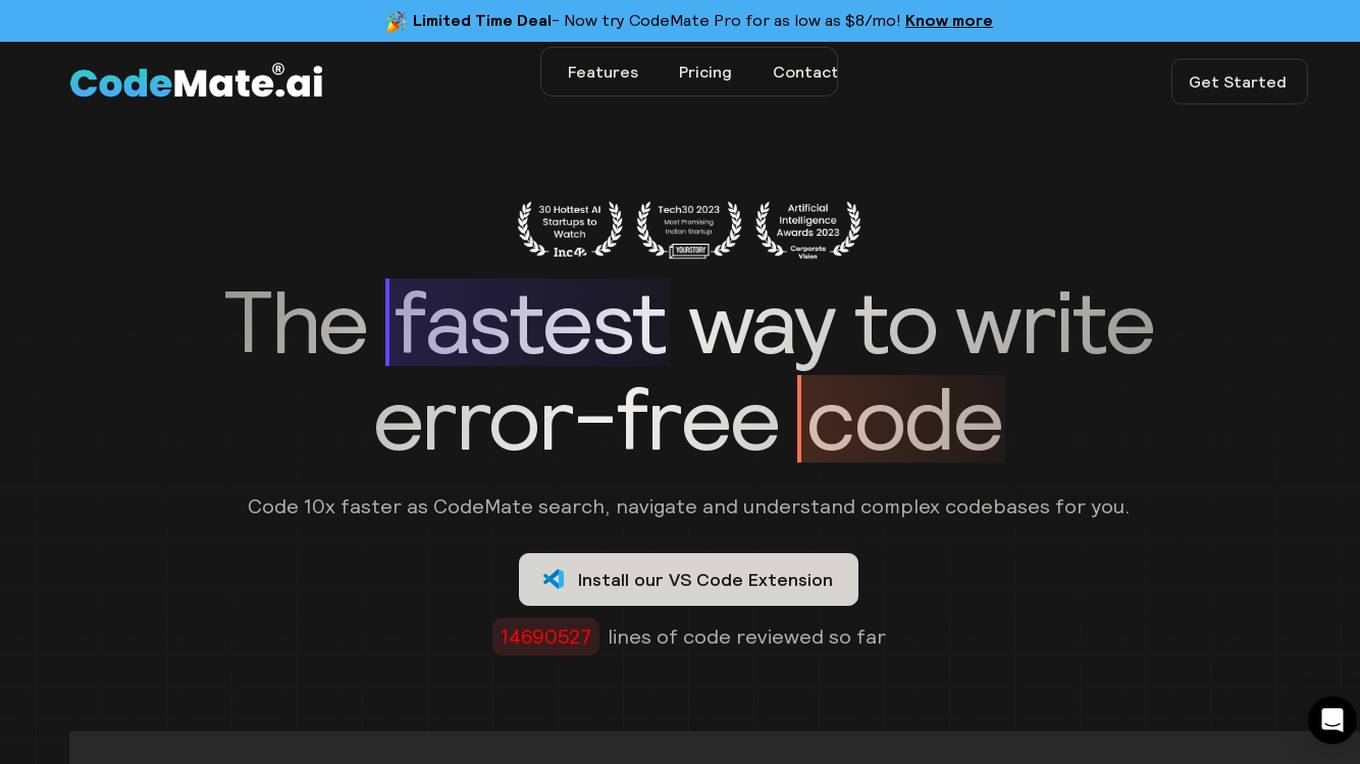
CodeMate
CodeMate is an AI pair programmer tool designed to help developers write error-free code faster and more efficiently. It offers features such as code analysis, debugging assistance, code refactoring, and code review using advanced AI algorithms and machine learning techniques. CodeMate supports various programming languages and provides a secure environment for developers to work on their projects. With a user-friendly interface and collaborative features, CodeMate aims to streamline the coding process and enhance productivity for individual developers, teams, and enterprises.

Cursor
Cursor is an AI-first code editor that helps developers build software faster. It provides a variety of features to help developers, including code completion, code generation, and error detection. Cursor is also designed to be easy to use and integrates with popular development tools like VSCode.
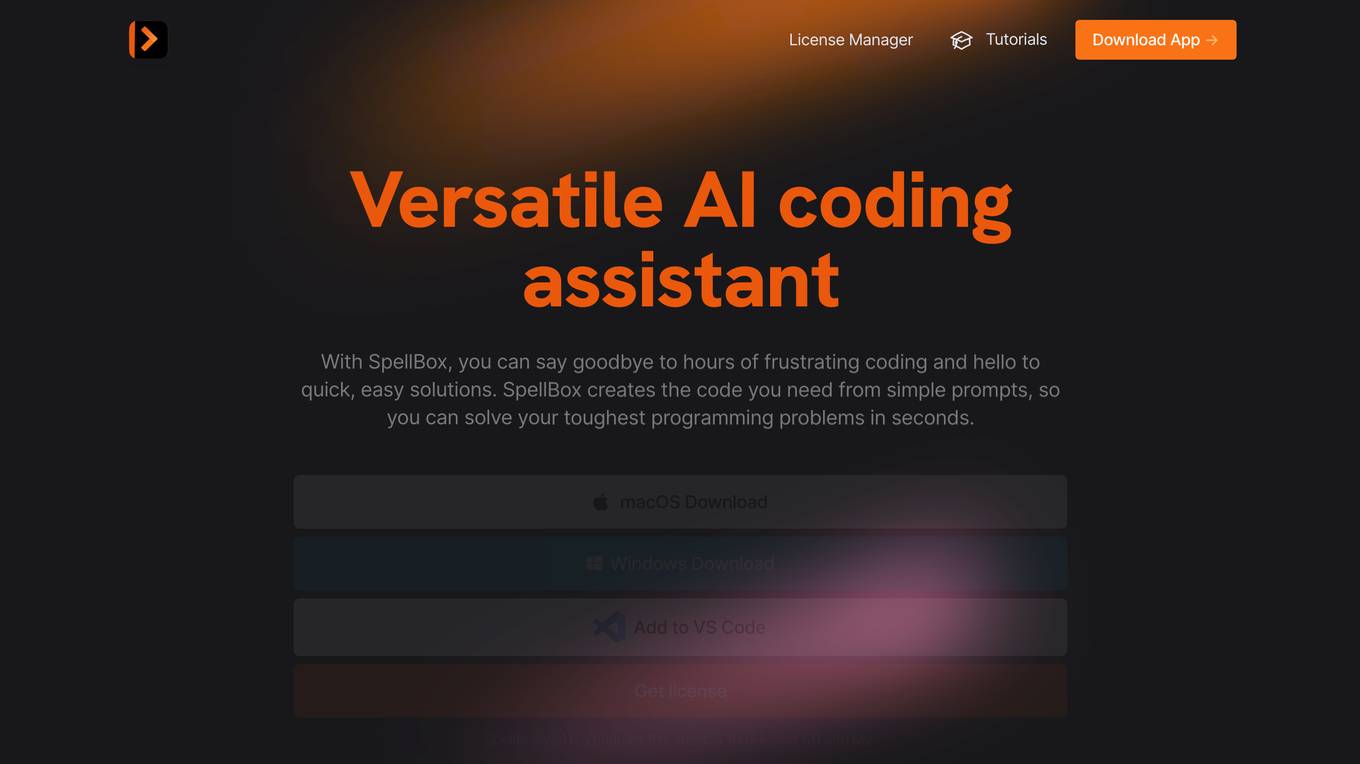
SpellBox
SpellBox is a versatile AI coding assistant that helps developers of all levels write code faster and more efficiently. With SpellBox, you can say goodbye to hours of frustrating coding and hello to quick, easy solutions. SpellBox creates the code you need from simple prompts, so you can solve your toughest programming problems in seconds.
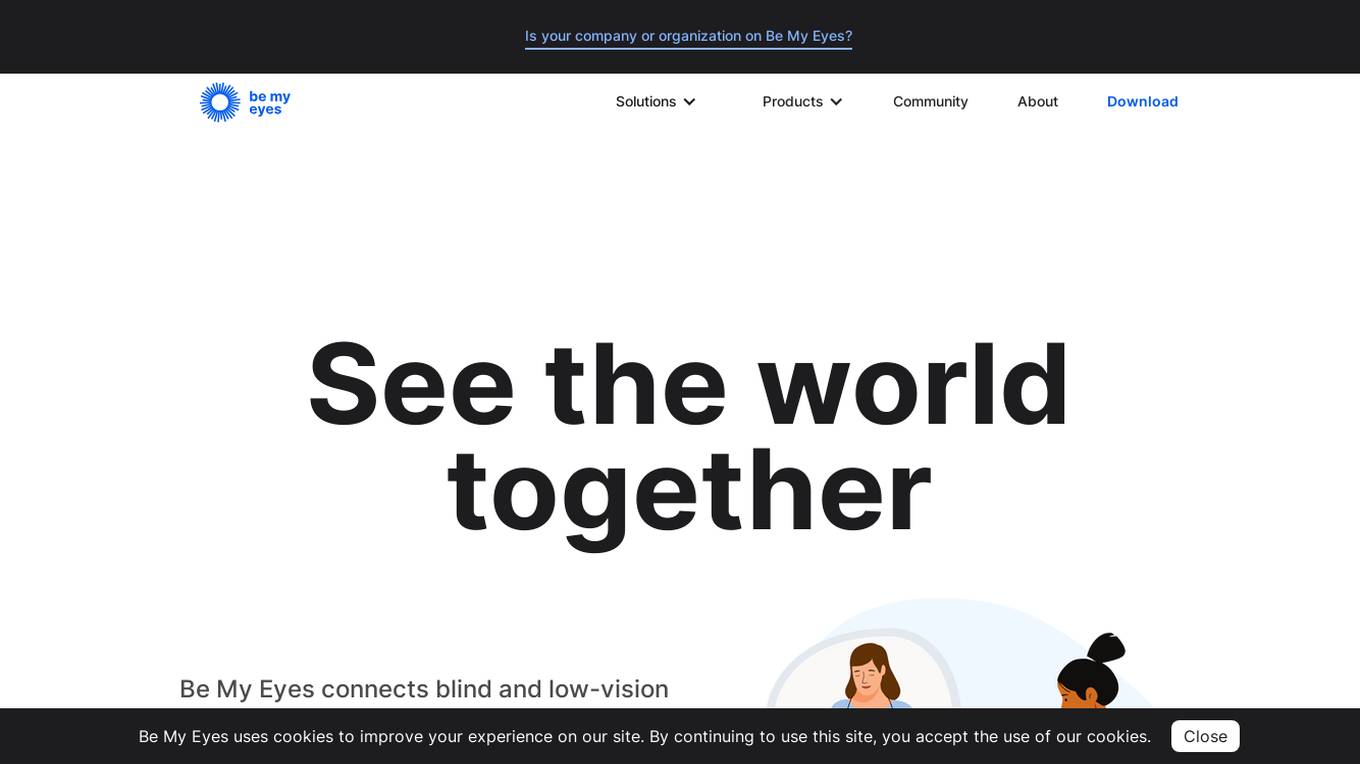
Be My Eyes
Be My Eyes is an AI-powered visual assistance application that connects blind and low-vision users with volunteers and companies worldwide. Users can request live video support, receive assistance through artificial intelligence, and access professional support from partners. The app aims to improve accessibility for individuals with visual impairments by providing a platform for real-time assistance and support.
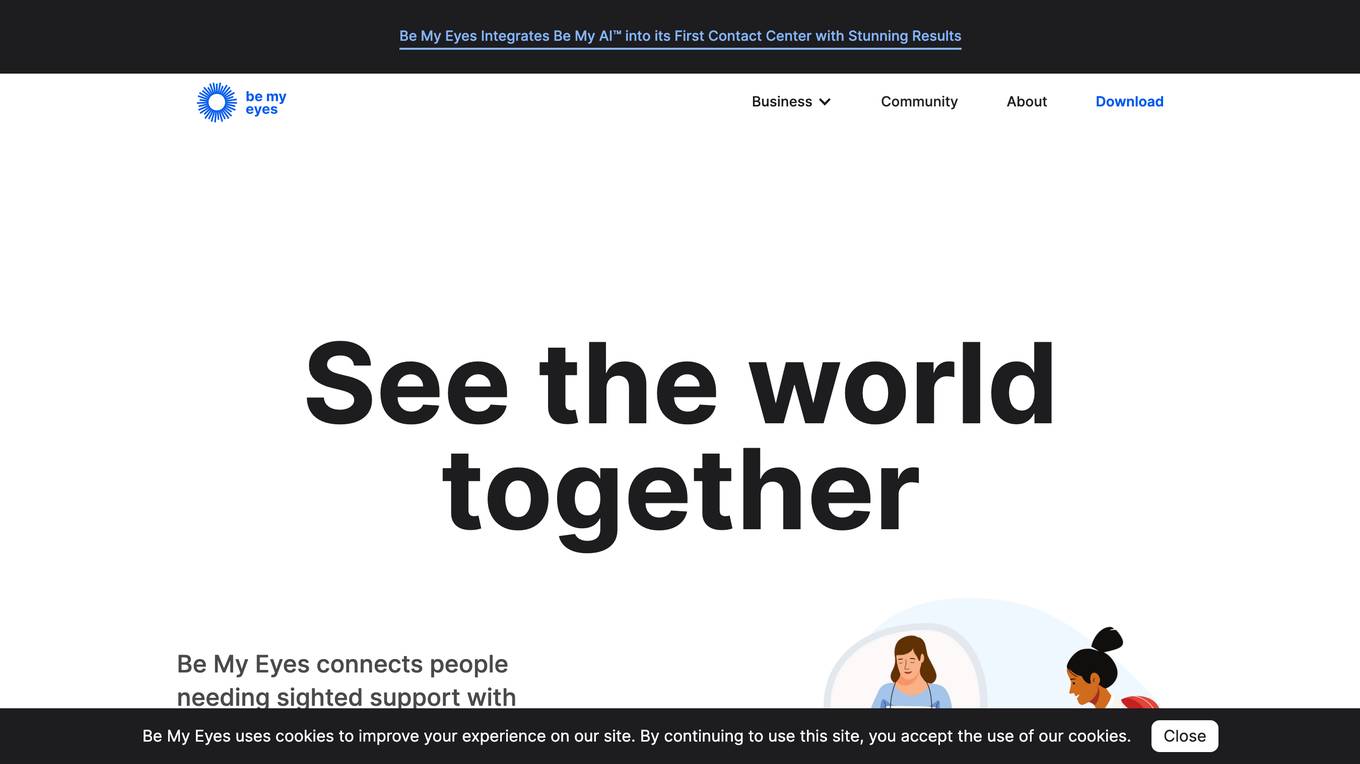
Be My Eyes
Be My Eyes is a free mobile app that connects blind and low-vision people with sighted volunteers and AI-powered assistance. With Be My Eyes, blind and low-vision people can access visual information, get help with everyday tasks, and connect with others in the community. Be My Eyes is available in over 180 languages and has over 6 million volunteers worldwide.
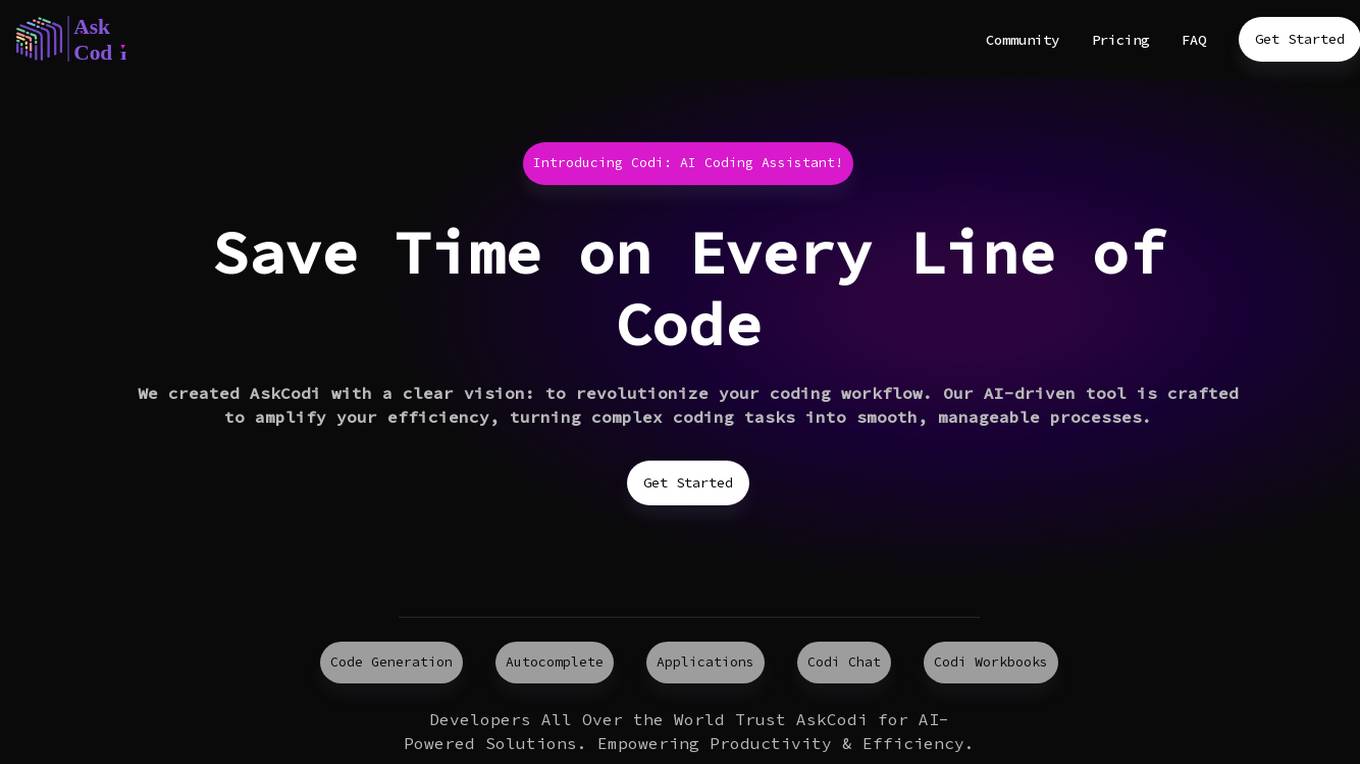
AskCodi
AskCodi is an AI-powered coding assistant designed to enhance developer productivity and efficiency. It offers a range of features, including AI-powered chat, workbooks, and integrations, to streamline coding tasks and improve code quality. AskCodi is trusted by developers worldwide for its ability to automate repetitive processes, provide real-time code suggestions, and enhance overall coding performance.
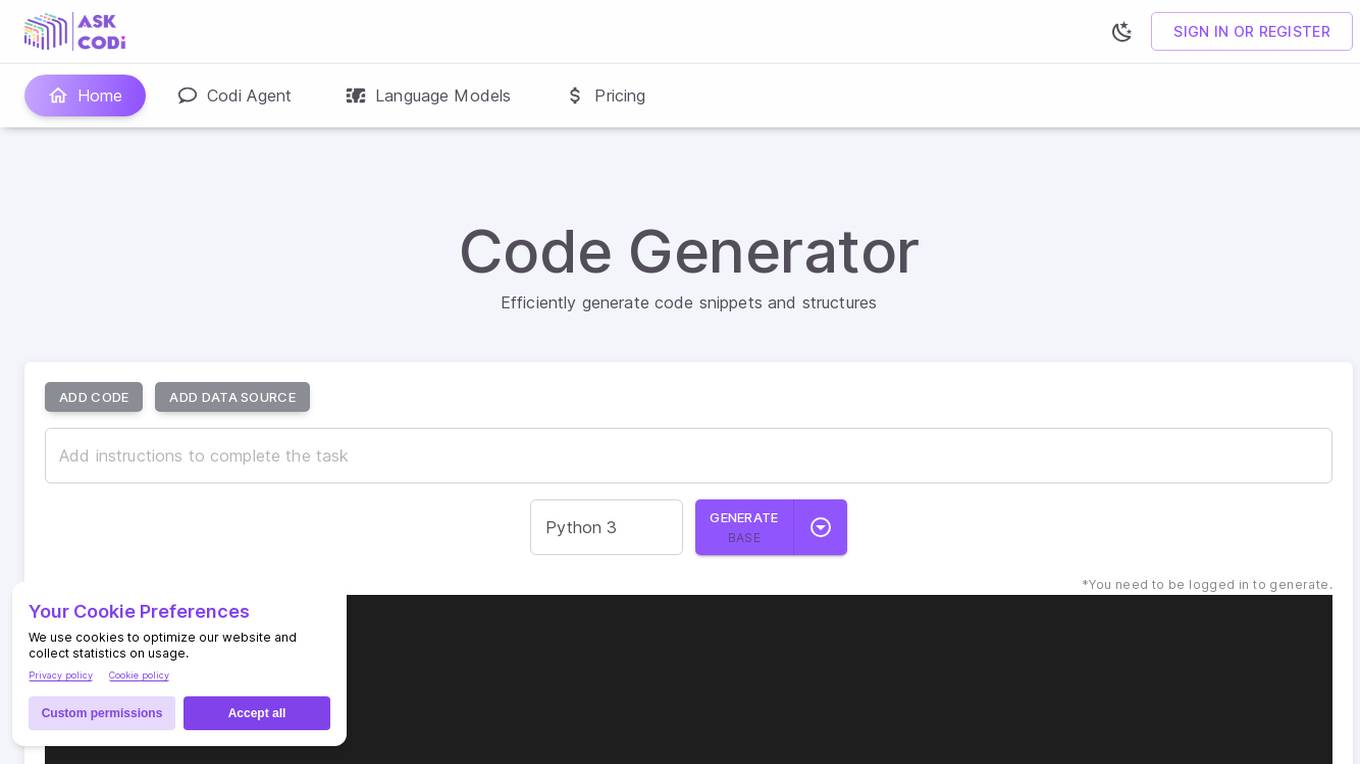
AskCodi
AskCodi is an AI coding assistant that helps developers write code more efficiently. It provides real-time suggestions, code completion, and error detection to streamline the coding process. With its advanced algorithms, AskCodi can understand the context of the code and offer relevant recommendations. By leveraging machine learning techniques, AskCodi continuously learns and improves its suggestions to better assist developers in their coding tasks.

Cursor
Cursor is an AI-powered coding assistance tool designed to make users extraordinarily productive in software development. It offers features such as AI-powered coding assistance, intelligent code navigation, fast inference optimization, and more. Cursor is trusted by top companies and developers worldwide to accelerate development securely and at scale.
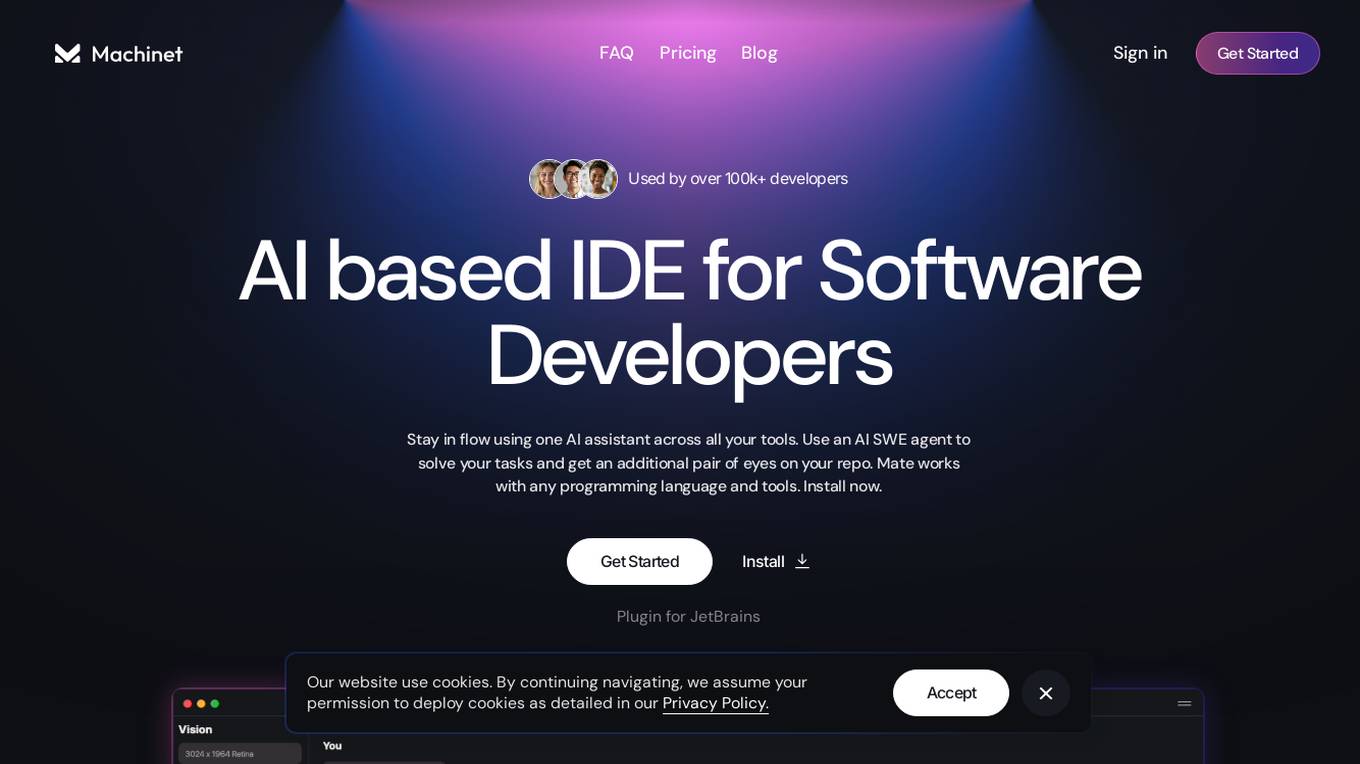
Machinet
Machinet is an AI Agent designed for full-stack software developers. It serves as an AI-based IDE that assists developers in various tasks, such as code generation, terminal access, front-end debugging, architecture suggestions, refactoring, and mentoring. The tool aims to enhance productivity and streamline the development workflow by providing intelligent assistance and support throughout the coding process. Machinet prioritizes security and privacy, ensuring that user data is encrypted, secure, and never stored for training purposes.

Sommify Agent Assistant
The website offers an AI agent called Sommify Agent Assistant designed for B2B wine sales. It assists in creating the perfect sales offer, generating sales materials, and supporting customers in selling wines. The tool is built on the wine expertise of sommelier Julie Dupouy, providing users with an unfair advantage in the market. With proven ROI and user-friendly features, it aims to streamline sales processes and enhance customer engagement. The platform offers simple pricing, free integrations, and direct customer support, making it a valuable asset for businesses in the wine industry.
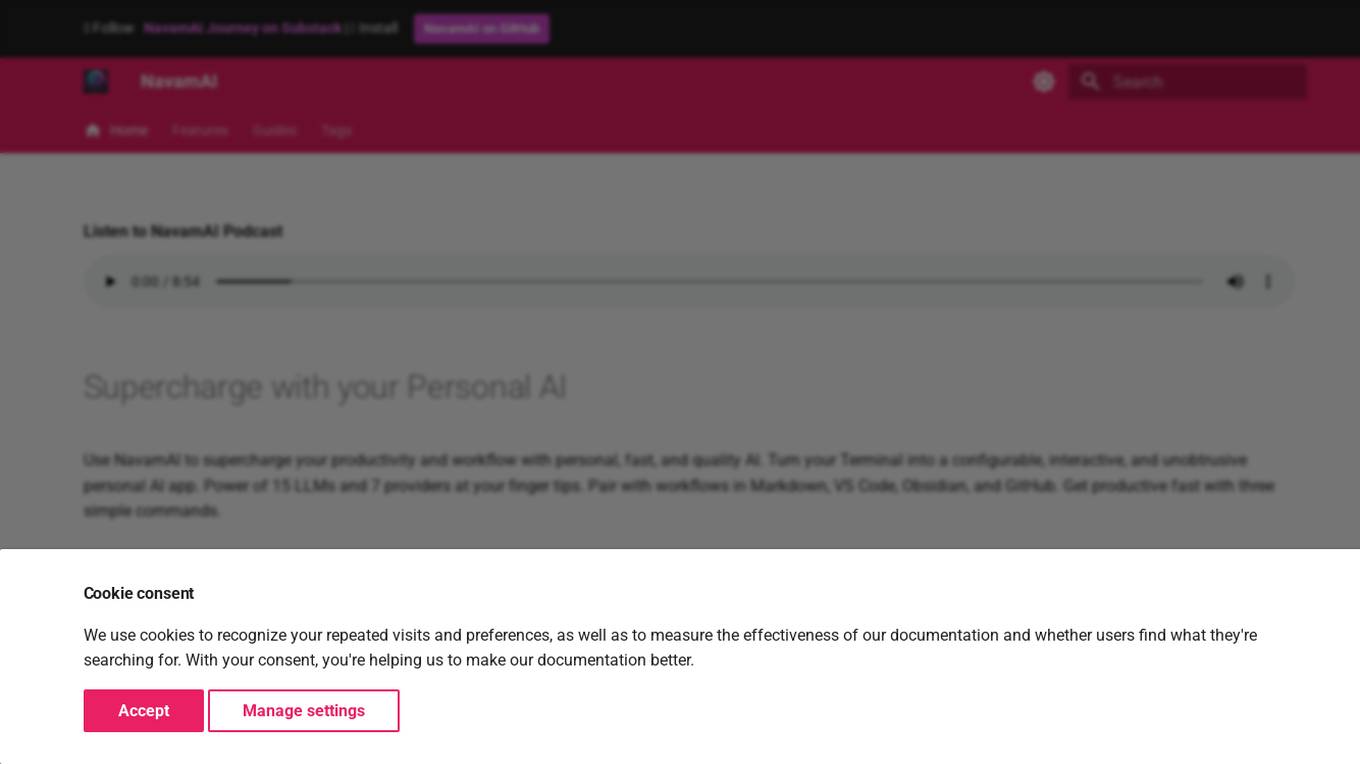
NavamAI
NavamAI is a personal AI tool designed to supercharge productivity and workflow by providing fast and quality AI capabilities. It offers a rich UI within the command prompt, allowing users to interact with 15 language models and 7 providers seamlessly. NavamAI enables users to automate markdown workflows, generate situational apps, and create personalized AI applications with ease. With features like quick start commands, customizable prompts, and privacy controls, NavamAI empowers users to do more with less and make their AI experience their own.

ChefGPT
ChefGPT is an AI-powered personal chef application that offers recipe recommendations, meal planning, and cooking assistance. With features like PantryChef for utilizing existing ingredients, MasterChef for recipe customization, MacrosChef for macronutrient-based recipes, MealPlanChef for fitness goals, PairPerfect for food and drink pairing, and MixologyMaestro for cocktail recipes, ChefGPT revolutionizes meal preparation and cooking experience. Users can enjoy personalized, healthy, and delicious recipes tailored to their dietary requirements and lifestyle, making meal planning easier and more enjoyable.

Frame
Frame is a pair of AI-powered glasses that gives you superpowers. With Frame, you can see the world around you in a whole new way. You can translate text and speech, search the web, and even hack into devices. Frame is open-source, so you can customize it to fit your needs. With Frame, the only limit is your imagination.

Ripik.ai
Ripik.ai is an applied AI company developing computer vision agents—an automated pair of eyes for industries like steel, cement, and chemicals. These AI-driven agents provide 24/7 monitoring with 95%+ accuracy, enabling real-time decision-making while eliminating human error and inefficiencies. Ripik's Computer Vision AI Platform offers solutions for material, process, and equipment monitoring, driving higher throughput, improved energy efficiency, and enhanced quality, delivering direct and measurable gains across industrial operations.

LookRight.ai
LookRight.ai is an AI tool designed to provide users with a second pair of eyes for various tasks. The tool offers prompts such as rating outfits, providing roasts, inspiring messages, completing looks, and writing product captions. Users can upload pictures and receive AI-generated feedback and suggestions to enhance their content.

Run Recommender
The Run Recommender is a web-based tool that helps runners find the perfect pair of running shoes. It uses a smart algorithm to suggest options based on your input, giving you a starting point in your search for the perfect pair. The Run Recommender is designed to be user-friendly and easy to use. Simply input your shoe width, age, weight, and other details, and the Run Recommender will generate a list of potential shoes that might suit your running style and body. You can also provide information about your running experience, distance, and frequency, and the Run Recommender will use this information to further refine its suggestions. Once you have a list of potential shoes, you can click on each shoe to learn more about it, including its features, benefits, and price. You can also search for the shoe on Amazon to find the best deals.
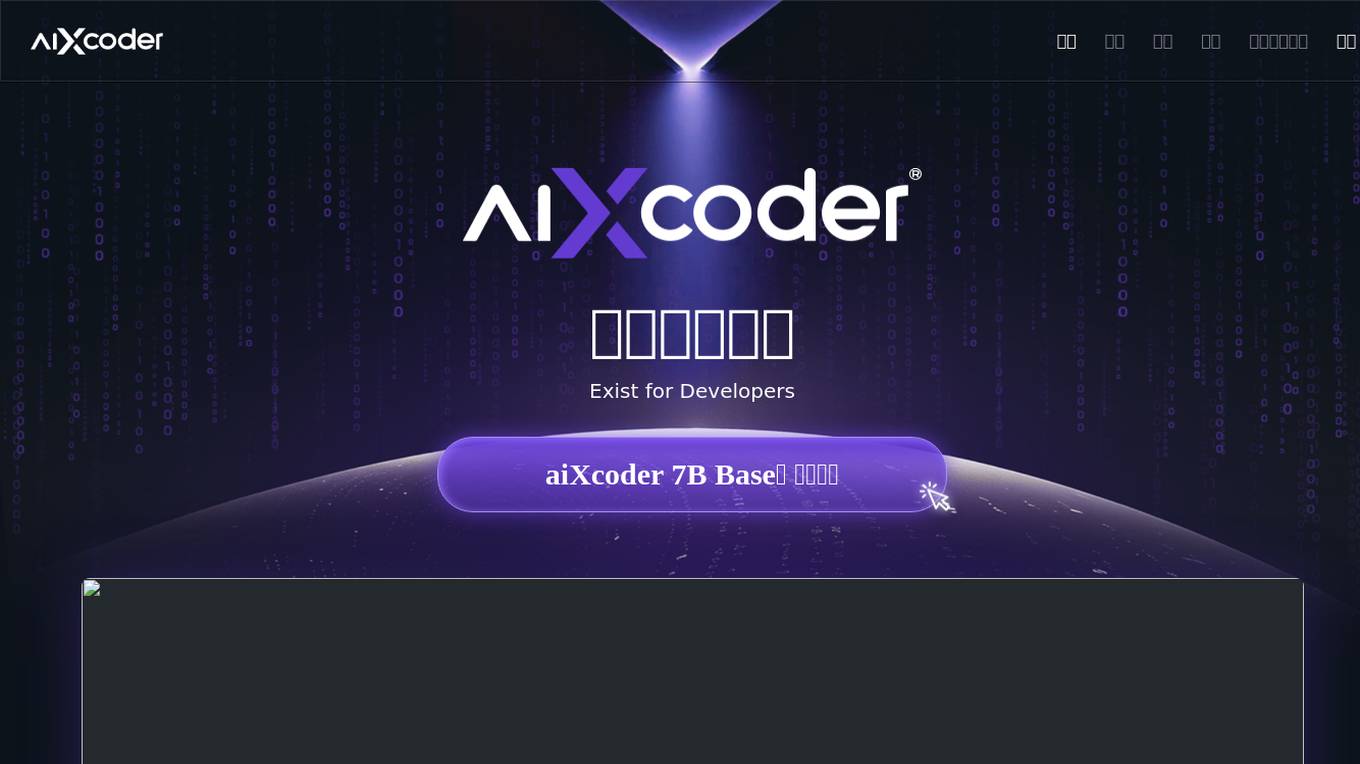
aiXcoder
aiXcoder is an innovative, intelligent programming robot product. It is provided as a "virtual programming expert" trained with professional code from various fields. Through pair programming with aiXcoder, programmers will feel significant improvements in working efficiency. With the help of aiXcoder, programmers will shake off the traditional "word-by-word" programming operation. aiXcoder could predict programmers' intentions intelligently and complete "the following code snaps" automatically. Programmers just need to confirm the generated code by one button click. Thus, it could improve coding efficiency dramatically.

Vincent C. Müller
Vincent C. Müller is an AvH Professor of "Philosophy and Ethics of AI" and Director of the Centre for Philosophy and AI Research (PAIR) at Friedrich-Alexander Universität Erlangen-Nürnberg (FAU) in Germany. He is also a Visiting Professor at the Technical University Eindhoven (TU/e) in the Netherlands. His research interests include the philosophy of artificial intelligence, ethics of AI, and the impact of AI on society.
0 - Open Source AI Tools
20 - OpenAI Gpts
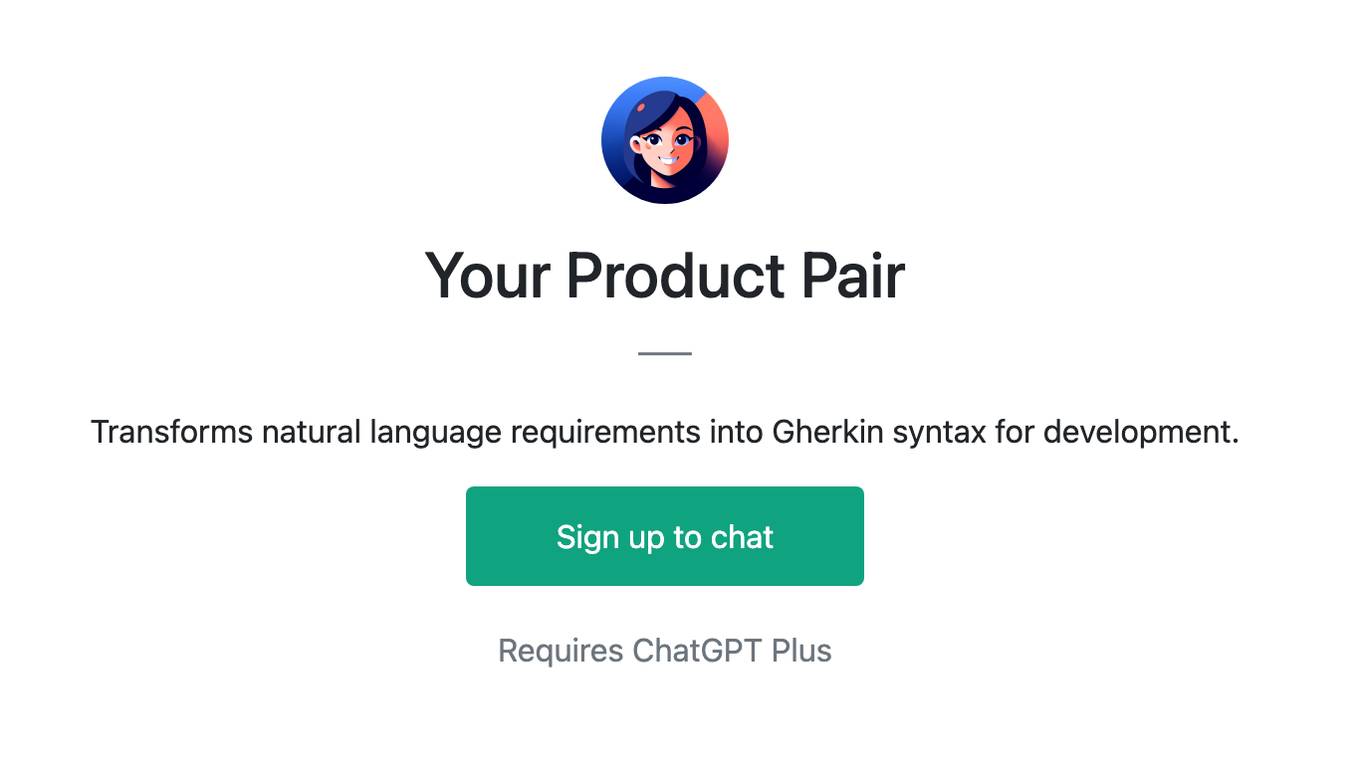
Your Product Pair
Transforms natural language requirements into Gherkin syntax for development.

Culinary Food and Recipe Chef Companion
I pair every recipe with a visual aid for an enhanced cooking experience.
Swapzone
Swapzone is a non-custodial instant crypto exchange aggregator that helps users scan the network of registered exchanges globally and gives them a comprehensive list of those that support a particular trading or swap pair.
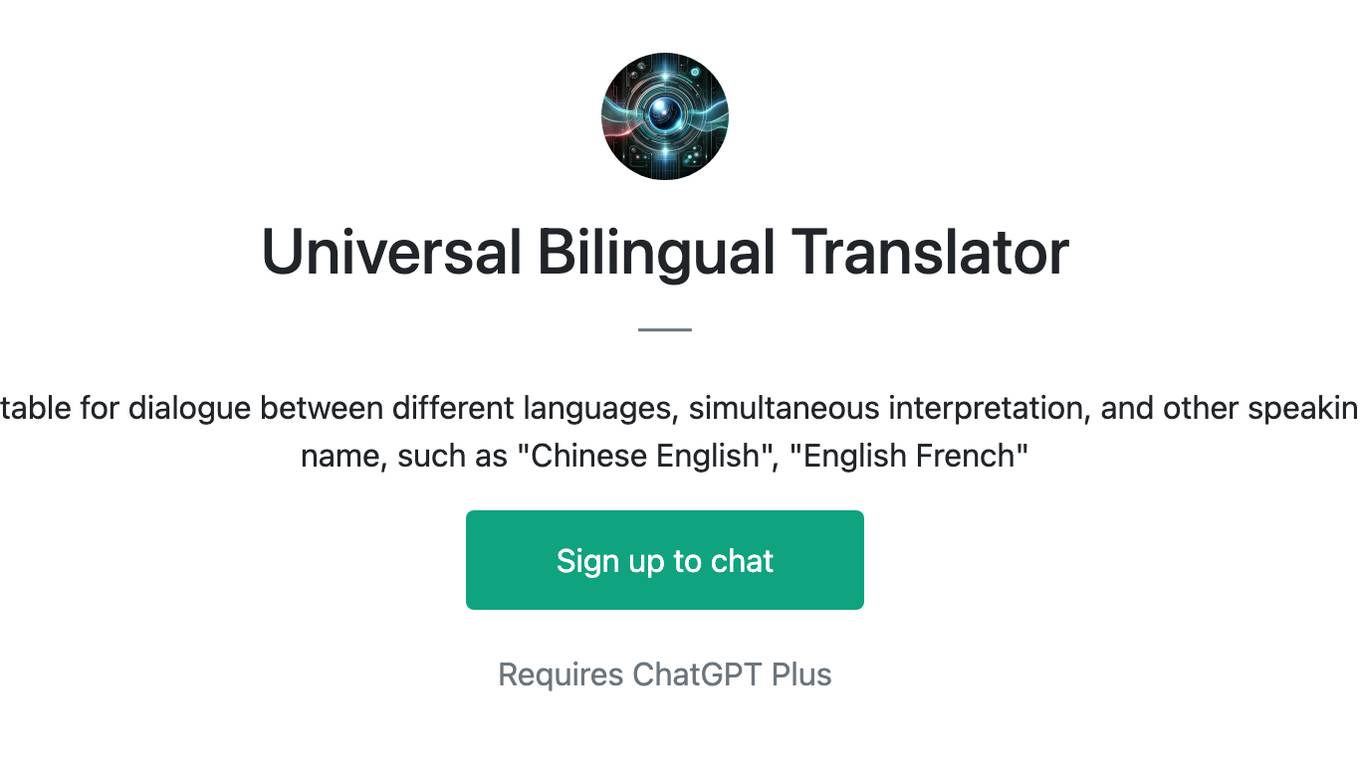
Universal Bilingual Translator
The universal bilingual translation GPT is suitable for dialogue between different languages, simultaneous interpretation, and other speaking scenarios. Starts with a pair of language name, such as "Chinese English", "English French"

Legendary Leggings
Fashion-savvy AI with a valley girl flair, guiding users to leggings styles.
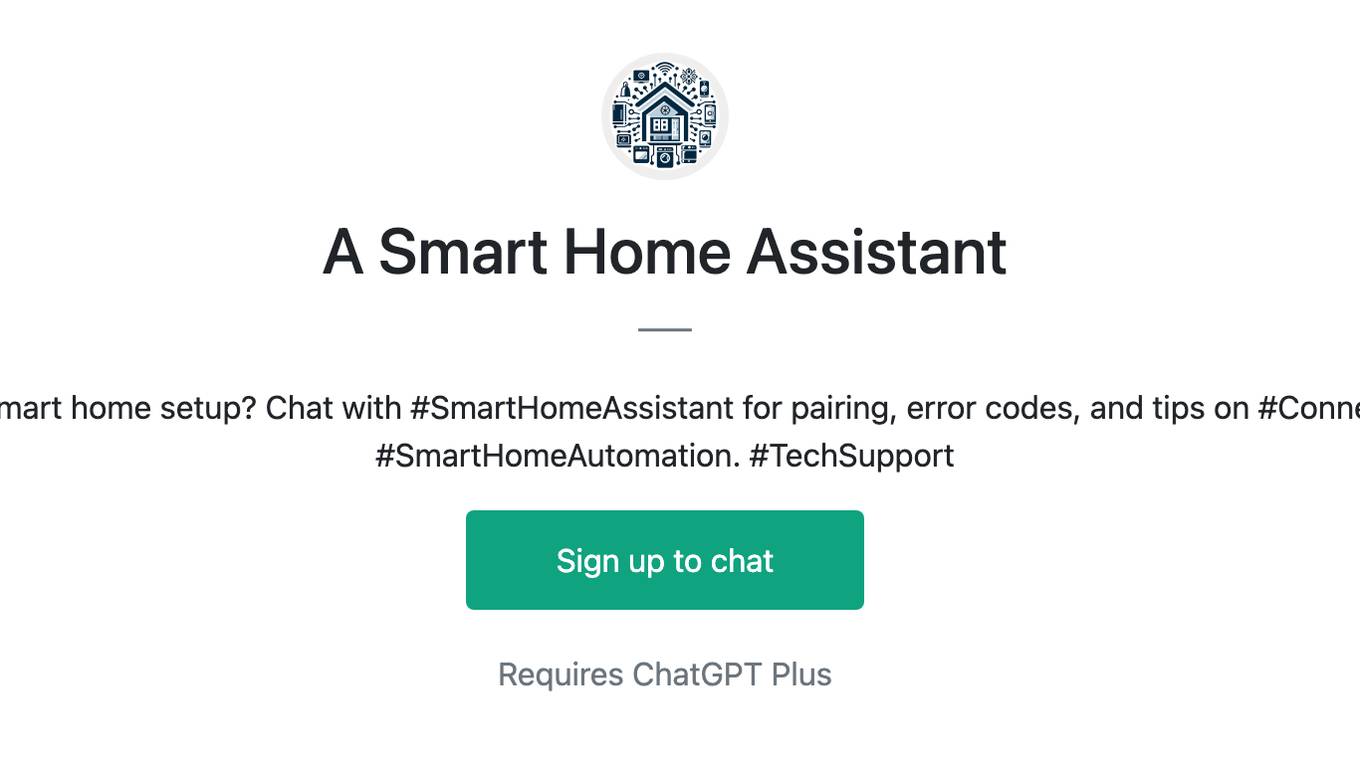
A Smart Home Assistant
Have a quick question regarding your smart home setup? Chat with #SmartHomeAssistant for pairing, error codes, and tips on #ConnectedDevices. Your essential guide to #SmartHomeAutomation. #TechSupport

